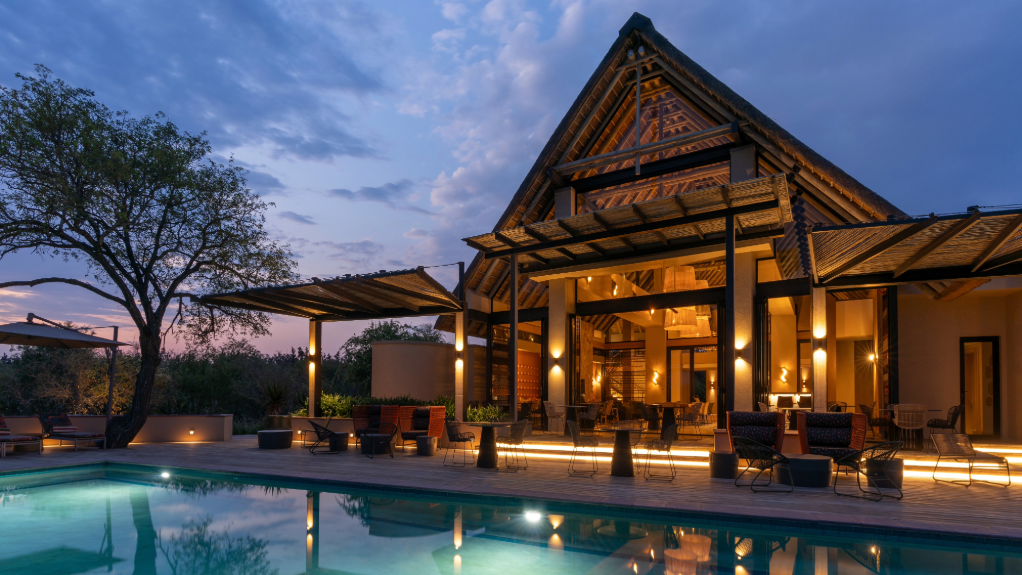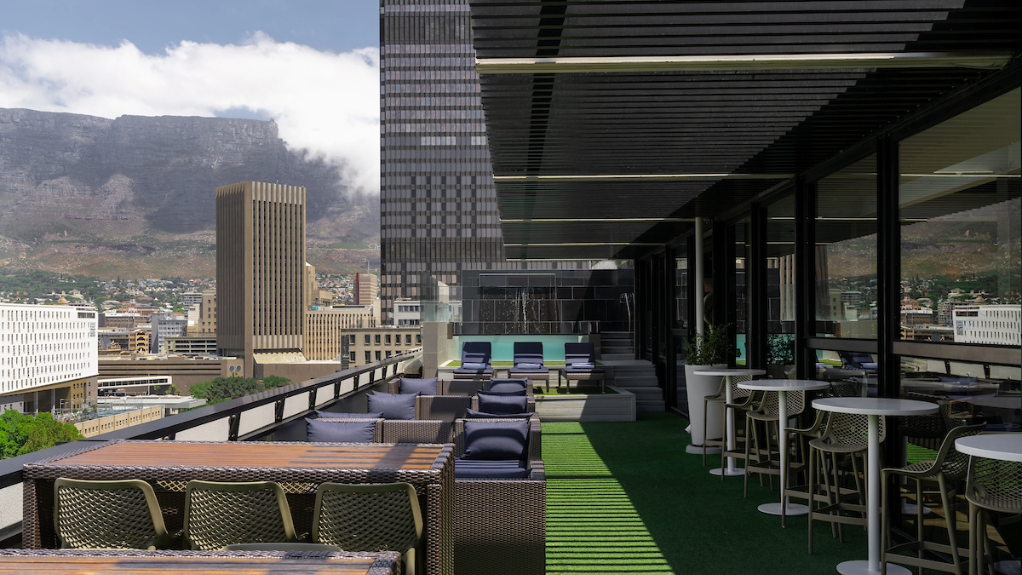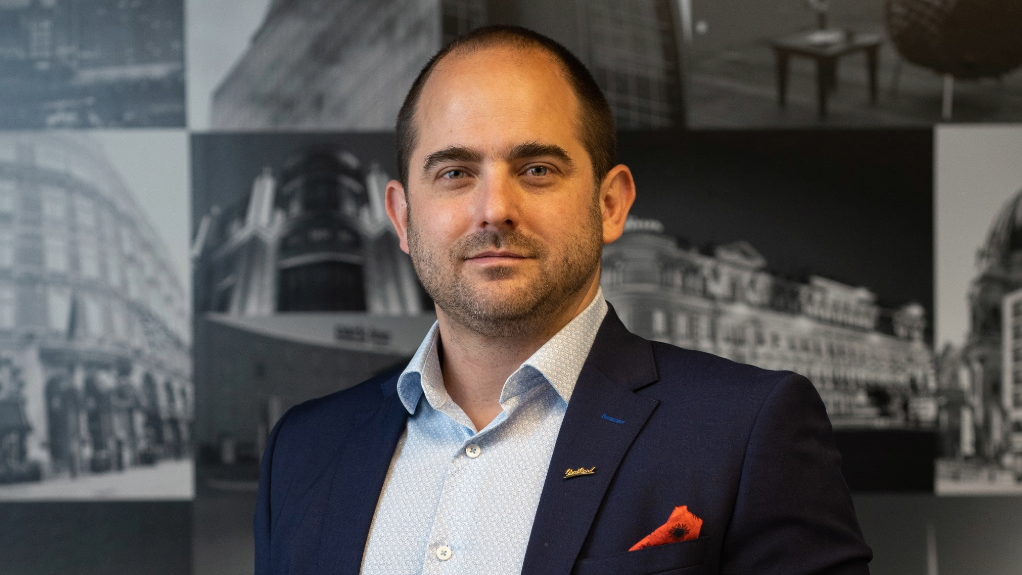International hospitality company Radisson Hotel Group plans to double its footprint in South Africa by 2030, consequently resulting in its having 25 hotels in the country.
This strategic vision underscores the group’s commitment to strengthening its reach and contributing to the growth of the local hospitality industry, says Radisson sub-Saharan Africa development senior director Daniel Trappler.
“We are prioritising, through either management or franchise models, conversions for quicker market entry, and exploring strategic collaborations with existing management companies to increase our footprint.”
The potential introduction of the “Radisson Individuals” brand in South Africa presents an “ideal first step” for individual hotels with strong service scores that might be considering transitioning to one of Radisson’s other successful core brands at a later stage.
The group is targeting several key locations for expansion. In Cape Town, Radisson aims to enter the lifestyle luxury market with its Radisson Collection and art’otel brands, leveraging the city’s tourism sector.
Following the success of the Radisson Safari Hotel Hoedspruit, Radisson plans to expand into safari and leisure regions, including the Kruger National Park, in South Africa’s Limpopo and Mpumalanga provinces, and the Cape Winelands region surrounding Cape Town.
Additionally, the group is considering secondary cities, such as Bloemfontein, Pretoria, Durban and East London, along with smaller tertiary cities and towns, provided they align with Radisson’s strategic goals.
While the conversion approach facilitates rapid market entry, identifying suitable investors who share Radisson’s vision for quality, safety and standards requires diligent effort.
“We take pride in the partnerships we create, but also value the importance of finding the right investor, which not only has the financial means to complete the project but also shares the same vision towards quality, safety and standards,” Trappler explains.
He notes, however, that the group is cognisant of external factors having made hotel development either more difficult or more expensive, hence Radisson’s continuing to “create local and tailored solutions while ensuring [that the group] remains relevant to owners with cost-effective brands and support during the entire cycle”.
Engaging with local communities and businesses is also a cornerstone of Radisson's expansion strategy. The group prides itself on providing guests with a sense of the destination, incorporating local elements into its properties, from the food served in restaurants to the art displayed in hotels.
Radisson RED hotels, for instance, feature a selection of local art and collaborate with local designers for uniforms and merchandise.
Differentiation and Sustainability
In the competitive hospitality market, Radisson aims to differentiate itself from other hotel groups, both locally and internationally, through a team-centric approach, and an owner-centric model.
Radisson’s team is carefully selected from those with expertise in the relevant markets, including local language fluence. The owner-centric model, meanwhile, refers to the group’s flexibility in tailoring to the owners’ needs.
“It is and will always be a team effort. The success of our growth is attributed to every person working at Radisson Hotel Group. From creating memorable stays in every property to delivering positive results or simply support functions from design to marketing, everyone is a growth ambassador and creates an impact in our African journey,” Trappler avers.
Sustainability and responsible tourism are integral to Radisson’s expansion plans. The group is committed to achieving net zero by 2050 and has set science-based targets to guide this transformation.
Key initiatives include increasing energy efficiency, transitioning to renewable energy and offering sustainable value propositions such as 100% carbon-neutral meetings.
Radisson also focuses on supporting communities and reducing its carbon footprint through various employability programmes and sustainable business practices.
Hospitality Landscape Impact
Radisson’s expansion is expected to have a significant impact on the hospitality landscape in South Africa, Trappler tells Engineering News.
The increased portfolio will create numerous job opportunities, which is vital for the country’s economy. Moreover, Radisson’s talent and development initiatives aim to upskill the local workforce, fostering growth and career development in the hospitality sector.
For guests, the expansion means a broader and more diverse portfolio of hotel options, catering to a range of needs, whether for leisure, dining or meetings.
Trappler emphasises that ensuring the quality and consistency of the brand across all 25 hotels in South Africa is a top priority.
As part of this, the hotel group has been undertaking significant refurbishments across its existing portfolio, including major renovations at the Radisson Blu Gautrain Hotel, in Sandton, and the Radisson Blu Hotel Waterfront, in Cape Town.
These improvements are crucial for maintaining high standards and delivering exceptional guest experiences, Trappler concludes.
Edited by: Nadine James
Features Deputy Editor
EMAIL THIS ARTICLE SAVE THIS ARTICLE
ARTICLE ENQUIRY
To subscribe email subscriptions@creamermedia.co.za or click here
To advertise email advertising@creamermedia.co.za or click here

















